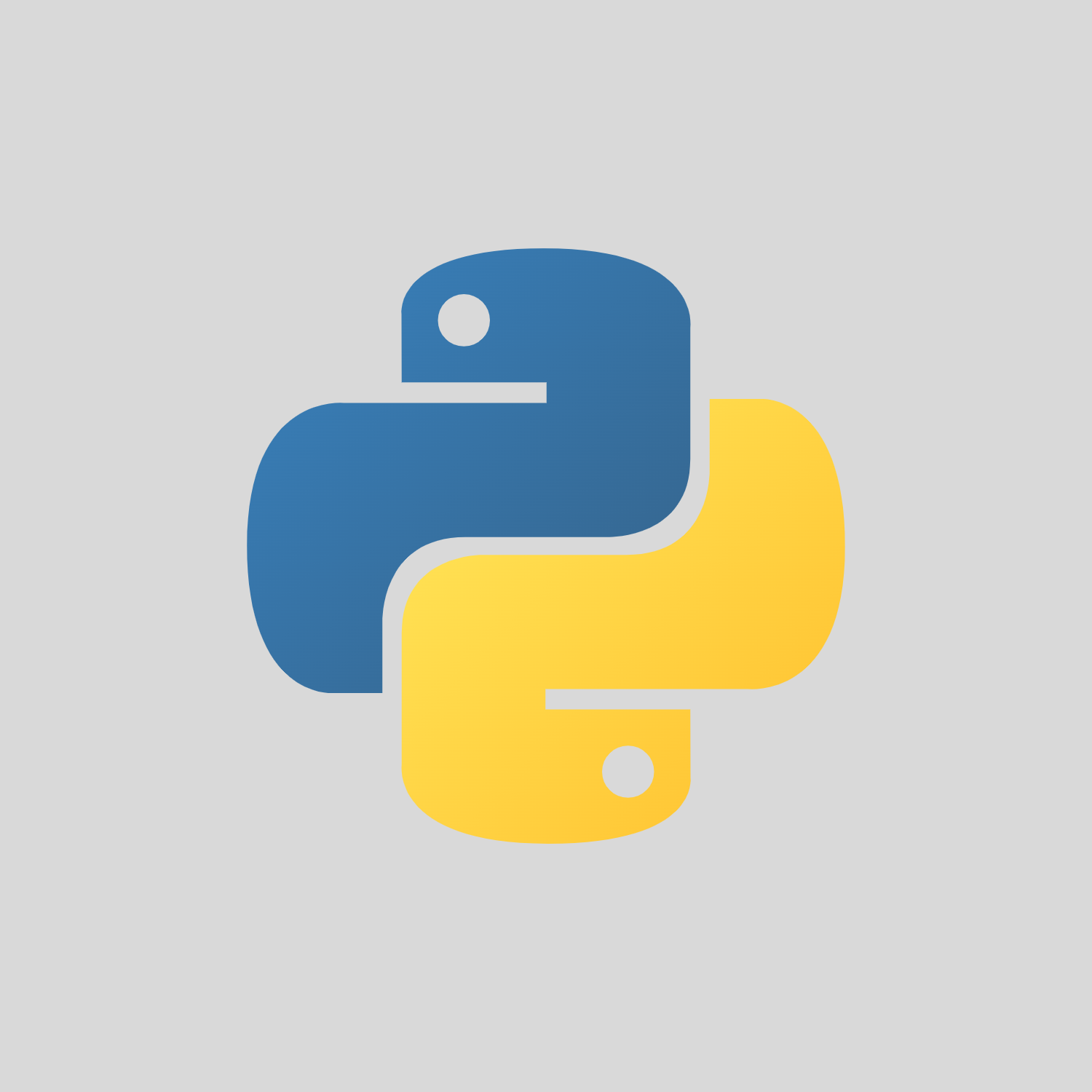Description
Who should attend
- Network Administrators
- Ansible Developers
- Python Developers
- Administrators interested in Automation
- Individuals interested in devops, specifically for networking
Prerequisites
- Ansible 101 (Ansible Essentials)
- Coding experience in another language serves as an adequate prerequisite
Course Objectives
- Version controlling code with Git
- Open SSH sessions and pass commands to remote servers
- Remotely open CLI to network devices
- Move files via SFTP
- Overview of Ansible modules
- Ansible collections for network automation
- Custom Ansible modules with Python
- Best practices for automating the management and configuration of network devices
Outline: Ansible 201 – Network Automation with Python and Ansible (A201N)
Day 01
Ansible and Python Review
- Ansible definition
- Exploring modules
- Overview of Python and Ansible
- Python whitespace rules & best practices
- Conditional expressions
- Relational and Boolean operators
- Lists, Tuples, Dictionaries
- Indexing and slicing
- Built–in functions
- Writing custom functions
- Getting at methods
- Iterating with Loops (for and while)
- Working with files
- Software Control Management (SCM) (Git, Github, GitLab, Bitbucket, Cloudshare, etc.)
- Getting at RESTful interfaces with Python
- Working with JSON
- Python, Ansible and Paramiko
- Using Paramiko to SSH with keys and passwords
Day 2
Network Automation
- RESTful API review
- API keys
- Paramiko Review
- Using Paramiko to SFTP with keys and passwords
- Introduction to Netmiko (automating routers and switches)
- Using Netmiko to send commands to / from network devices
- Working with YAML
- Converting JSON to YAML with Python
Day 3
Critical Ansible Catchup & Review
- Ansible keywords
- YAML and JSON for data exchange
- Ansible and YAML
- Ansible Playbook components
- Tying together Python and Ansible – Using Python within Ansible
- Ansible Network Modules
- What is new in Ansible (most current updates / release notes)
- Network Agnostic modules
- Writing network playbooks
- Reviewing the construction of network playbooks
- Writing Ansible playbooks that respond to network failures
Day 4
Blending Python and Ansible Skillsets
- Review how to use Python within Ansible
- Calling Python scripts with Ansible
- Jinja2 Templating Engine for Python (and Ansible)
- Using Templates in Ansible playbooks
- Jinja2 filters, looping, and other useful tricks for automating with Ansible
- Playbook tagging for selective runs
- When to use Python and when to use Ansible
- Writing a custom collection
- Writing custom roles
- Extending Ansible to support Palo Alto (Optional – Case Study)
- Extending Ansible to support Juniper vendor modules (Optional – Case Study)
- Extending Ansible to support NAPALM (Optional – Case Study)
Day 5
Customizing Ansible with Python
- Review – Running Scripts with Ansible
- Prompting for Ansible user input
- Ansible Galaxy & Getting at Roles
- Writing a custom Ansible Module with Python
- Ansible “Engine” vs Ansible “Tower” – marketing hype, capabilities, costs, etc.
- Case Study: Automate your Enterprise Network
- Writing your own Ansible modules in Python
- Overview – NETCONF / YANG and what they mean for Python and Ansible
- Molecule – Testing your roles




